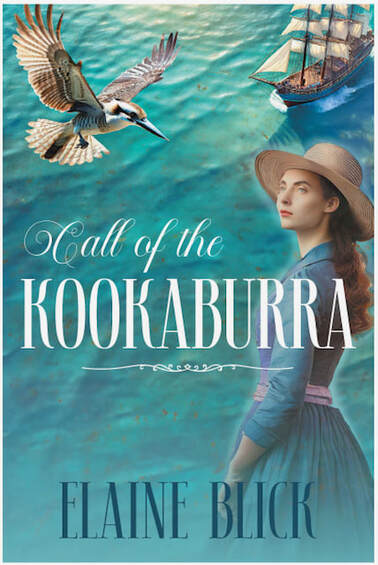
by Robert Sullivan
‘Maramataka’ is the lunar calendar: Robert Sullivan picks it up just before the end of one cycle and follows it on a couple more, writing at least one poem each day. The poems are attached to a particular night, given an individual title as well as the night’s own name, assigned an energy level, and then printed in order of the calendar. This adds up to a fascinating and wide-ranging conversation between the poet and his world, some of it descriptive, some of it asides and meditations.
Sullivan’s earlier Star Waka is impressive for the way he collects/creates a huge variety of separate voices and then puts them together so that they reinforce each other, coming across as a mega-voice. I think he has done something similar here, using poems that add up to being the voice of one completed person in all his individual facets.
The first poem (p.24) from the calendar series is presented below, with the heading and format in the style common to all the calendar poems. And it is in the tone that all the poems dip into to some degree or another.
Mutuwhenua: Te Awa e Rere Nei
(((((((Medium Energy)))))))
For Dad
This evening we practised our waiata-ā-ringa with their
composer,
Waiariki, at Puketeraki Marae. It was healing at Karitāne
to hear the beautiful words and learn the moves that speak
of our places of home, Hikaroroa, Pahatea, Ka Iwi a Weka. It’s
okay
to make mistakes and smile about them with others
who are your relations, and just to carry on carrying the airs
and graces of our whānau nui. Kāi Tahu, Kāti Māmoe, Waitaha,
Rapuwai, Kāti Huirapa. I’ve eaten shellfish and muttonbirds
in the weekend (at Hone Tuwhare’s) and my fill of happiness
at Puketeraki. This kai is kōrero, from our whenua too.
The collection grows from here, a huge variety of topics and styles. At random: ‘The pūrerehu walk under’ (p.36) is a casual observation of butterflies deciding to come in the house. ‘The last time we saw each other’ (p.87) is a reminiscence dedicated to and shared with American poet Joy Harjo. ‘Kōauau-Te Wāhi Ngaro’ (p.83) gives us some hard-core musicology. ‘Wet-nosed’ (p.43) is one lone haiku. ‘I drove home last night’ (p.70) alerts us as being ‘((Low Energy, so chillax))’. And more...
Reading through the collection feels like reading through the journal of someone who knows exactly where he’s at and feels easy with it. The voices work together into a complete individual. This is of course because of the content, but also the design. Almost all the poems have a maramataka day label, a title of their own, and an energy level, centred above the text, so turning the pages isn’t the total change of scenery it is in most poetry books. From the beginning, we feel that we are in a carefully designed structure. To me, the typeface also helps glue the text together. I’m of a generation who associates Courier with typewriters – and hence perhaps is a hint that the text is a work in progress, or at the very least, open to change.
The language is wonderful. I don’t think I’ve ever read a poetry book in which te reo and English mooched along so comfortably together. The words and phrases bubble to the surface in whichever language they happen to be bubbling in – there is no sense of a translation going on in either direction, and thus no need to decide who’s in charge.
This may be because Sullivan doesn’t restrict te reo to one major noun per English sentence (as seems to be fashionable). This may be because the thoughts he is expressing aren’t dependent on coming from a particular direction/language and on being identified as such.
And it may be because he is a really really good poet who has written a really really good book.
Author: Robert Sullivan
Publisher: Auckland University Press
ISBN: 978-1-77671-122-2
RRP: $29.99
Available: bookshops





 RSS Feed
RSS Feed
